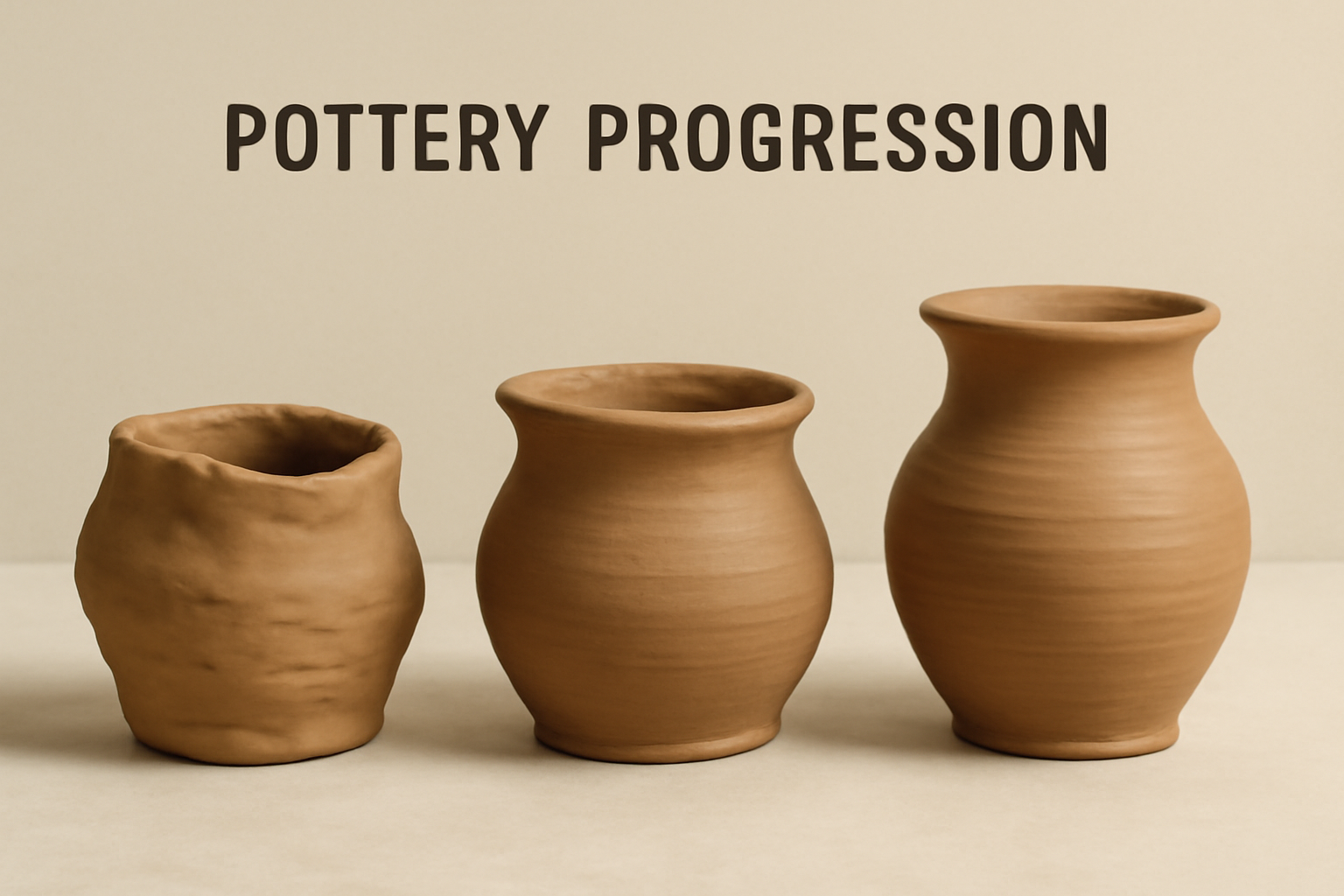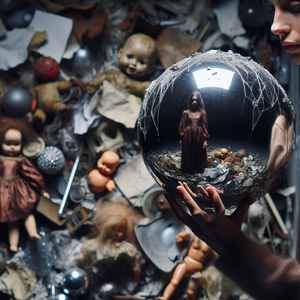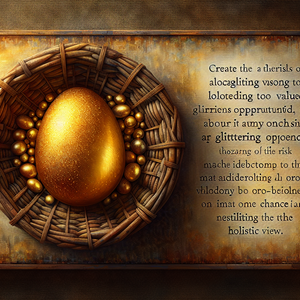From Hobbyist to Hired: How Self-Taught AR/VR Creators Are Landing Their Dream Jobs

Many AR/VR professionals start as hobbyists, experimenting with tools like Unity or Unreal Engine at home. Personal projects not only build skills but also serve as proof of creativity and problem-solving abilities. For example, Chloe Kim transitioned from graphic design to AR by building an interactive garden app, which led to freelance contracts and a new career. These projects help create portfolios that can be more impactful than traditional resumes.
Building a Visible Portfolio
AR/VR work needs to be seen and experienced. A strong online portfolio, featuring demos, videos, and prototypes, attracts recruiters and clients. Alex Martínez, for instance, created a VR meditation app and shared it on itch.io, which led to a full-time job offer. Effective portfolios include multimedia, explanations of the creative process, and regular updates with new work.
Tapping Into Online Communities
Online communities like Reddit, Discord, and Slack are essential for learning, networking, and finding job leads in AR/VR. Engaging with these groups accelerates learning and can lead to professional opportunities. Priya Singh, a self-taught Unity developer, gained contract and full-time work through her active participation in a VR Discord community. Sharing progress, offering help, and collaborating with others builds both skills and credibility.
Learning Resources Beyond the Classroom
The AR/VR field is accessible thanks to abundant free and affordable online resources. Platforms such as Unity Learn, Udemy, Coursera, and YouTube offer tutorials and project-based lessons. Beginners are encouraged to start small, document their process, and seek feedback to improve their skills and showcase their learning journey.
Bridging to Professional Opportunities
With a strong portfolio, self-taught creators can pursue paid work via freelance platforms, open calls, or direct outreach. Companies value demonstrated skill and initiative, often over formal education. Samantha Lee, for example, developed an AR flashcard app and shared her story online, leading to a job offer from an edtech company. Aspiring professionals should pitch projects, apply for internships, and attend AR/VR events to connect with employers.
The AR/VR industry values passion, creativity, and a robust body of work over formal credentials. Self-taught hobbyists can become sought-after professionals by leveraging online resources, building visible portfolios, and engaging with communities. If you’re interested in AR/VR, now is the perfect time to start creating and sharing your work—your dream job could be just one project away.
Unity AR/VR Developer
Owlchemy Labs, PTC, Magic Leap
Responsibilities
Build interactive AR/VR experiences using Unity3D and C#, often for platforms like Oculus Quest, HoloLens, or mobile devices.
Collaborate with artists and designers to implement 3D assets and user interactions.
Required Skills
Strong Unity development skills.
Experience with ARKit/ARCore or XR Interaction Toolkit.
Understanding of 3D math (transforms, physics).
Unique Qualifications
Portfolio of shipped AR/VR prototypes or apps.
Ability to optimize for performance on limited hardware.
XR Interaction Designer
Meta, Google, Apple
Responsibilities
Design intuitive user interfaces and user flows specifically for immersive environments (VR/AR).
Conduct user testing and iterate on interaction models (e.g., hand tracking, gaze, spatial gestures).
Required Skills
Proficiency with prototyping tools (Figma, Adobe XD, or Unity for interactive mockups).
Understanding of human-computer interaction (HCI) principles in 3D space.
Unique Qualifications
Experience designing for spatial UX.
Familiarity with accessibility standards in immersive media.
VR Simulation Content Developer
CAE, Varjo
Responsibilities
Create realistic training or simulation scenarios in VR (e.g., medical procedures, industrial equipment, or safety trainings).
Integrate real-world data (CAD, photogrammetry) and work closely with subject matter experts.
Required Skills
Expertise in 3D modeling/texturing (Blender, Maya).
Knowledge of game engines (Unreal Engine often preferred for high-fidelity simulations).
Scripting (Blueprints or C++).
Unique Qualifications
Experience with motion capture, haptic feedback integration, or compliance standards for enterprise training.
AR Mobile App Developer
IKEA, Sephora
Responsibilities
Develop augmented reality features for iOS/Android apps using ARKit/ARCore.
Integrate functions like marker tracking, face filters, or object placement into commercial applications.
Required Skills
Native mobile development (Swift/Objective-C or Kotlin/Java).
Experience with AR frameworks.
Understanding of device sensors (camera, GPS, IMU).
Unique Qualifications
Shipped AR apps on App Store/Google Play.
Ability to balance UX with performance and battery constraints.
3D Technical Artist for AR/VR
Responsibilities
Bridge the gap between artists and developers by optimizing 3D assets for real-time performance.
Implement shaders and troubleshoot graphical issues in immersive environments.
Required Skills
Proficiency with 3D modeling tools (Maya, 3ds Max).
Real-time rendering techniques.
Shader programming (HLSL/GLSL).
Performance profiling in engines like Unity or Unreal.
Unique Qualifications
Demonstrated experience reducing poly counts and texture sizes for mobile/standalone VR.
Portfolio showcasing work in interactive 3D environments.


